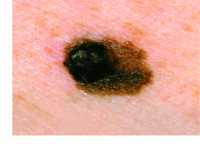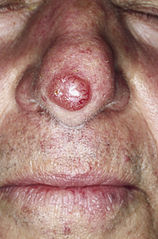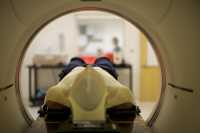Author Interviews, JAMA, Lung Cancer, Vaccine Studies / 28.09.2019
BCG Vaccine Linked to Lower Risk of Lung Cancer
MedicalResearch.com Interview with:
Naomi E Aronson, MD, FIDA, FACP
Professor and Director, Infectious Diseases Division
Uniformed Services University of the Health Sciences
Bethesda, MD
MedicalResearch.com: What is the background for this study?
Response: BCG is a live attenuated mycobacteria vaccine used to prevent tuberculosis which has been reported to have associated nonspecific effects such as treatment of diabetes, bladder cancer, prevention of severe respiratory infections in children, and suppressed autoimmune responses.
In earlier reports in the 1970s, results of epidemiologic studies were divided as to whether BCG vaccine was associated with subsequent rates of malignancy, specifically leukemia (protective) and non Hodgkins lymphoma (higher rates).
To further evaluate these observations we studied cancer data collected in the 60 year follow up of a controlled trial of BCG in American Indian/ Alaska Native schoolchildren. (more…)






























